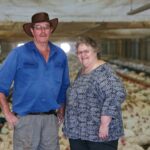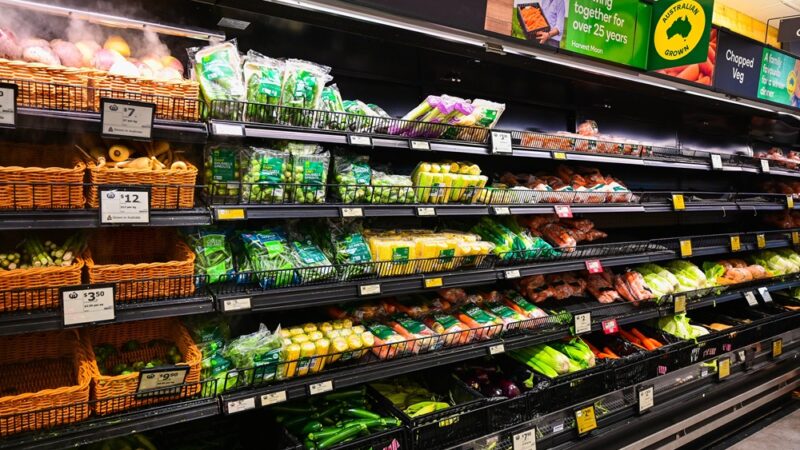More than 350 farmers and outback ag enthusiasts gathered at the Hungerford sports ground for…
Australia’s supermarket inquiries: everything you need to know
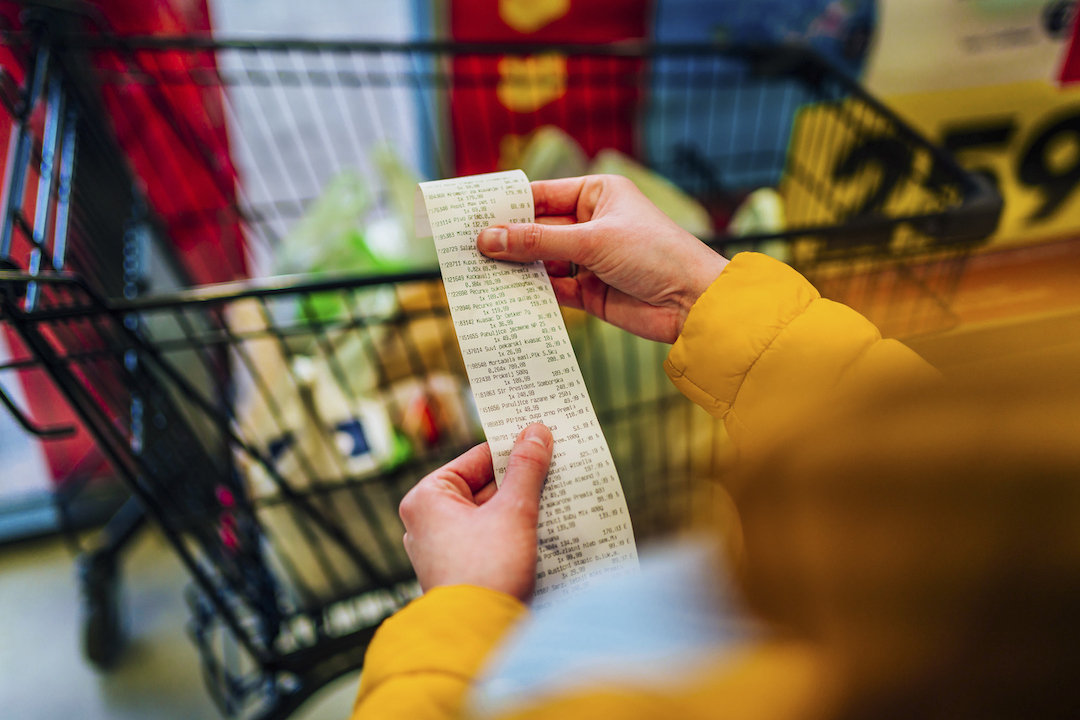
Australian supermarket chains are currently facing six inquiries into increased product prices.
With reports that Coles and Woolworths are hiking up grocery costs to expand their profits, everyday Aussies are looking for answers to absolve the stress of the current cost-of-living crisis. In response, the government has launched half a dozen inquiries to determine how it can regulate these changes and protect consumers.
Understanding the review
While environmental factors such as droughts and floods are known to influence the price of produce, the current profits recorded by Australia’s biggest supermarket chains, Coles and Woolworths, have led to questions on price gouging. Consumers are concerned that these companies are increasing their prices beyond a reasonable margin, especially as Coles reported a $1 billion net profit last financial year.
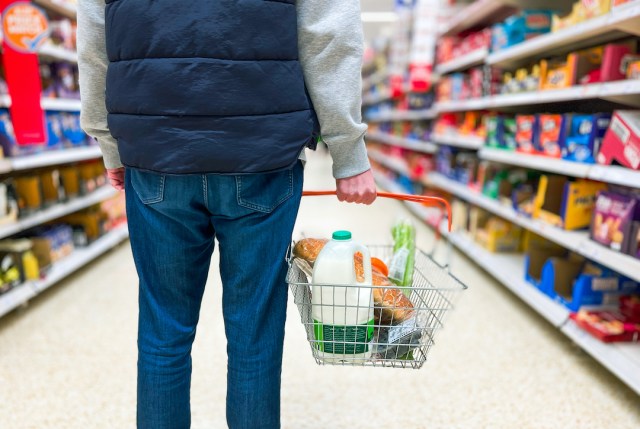
In response to these accusations, the Australian Government announced on 25 January this year that the ACCC (Australian Competition and Consumer Commission) would be investigating the supermarket sector. The government body is empowered to serve businesses fines or even prison time if they find evidence of price hikes, and will also be recommending possible legislative action to the government.
This is the first inquiry of its kind since 2008, and likely won’t be completed until February next year.
When asked about the intention of the investigation, Treasurer Jim Chalmers said he was primarily focused on the possibility of excessive pricing.
“Australians are under cost‑of‑living pressure, and we know that a lot of that pressure is piled on at the cash register,” he explained.
“This is about making our supermarkets as competitive as they can be so Australians get the best prices possible.”
According to the ACCC, businesses are generally allowed to set their own prices, which may be impacted by a variety of factors including supply and demand. However, these businesses are not allowed to mislead consumers about the reasons for their pricing, or work with competitors to agree on prices among themselves, along with any other anti-competitive pricing behaviour.

Supermarkets fight back
Supermarkets Coles and Woolworths have since made statements to a federal Senate inquiry, defending their increased produce rates. In its submission, Coles cited wage rises and supplier costs as two major factors influencing the price of products on its shelves.
“As one of Australia’s largest supermarkets, we take seriously our core role in providing essential goods to Australians,” the submission reads.
“We are always looking at ways to deliver value to our customers and are committed to helping lower the cost of living.”
According to the submission received from Woolworths, prices are constantly shifting due to the changing nature of the fresh food market.
“Price inflation in long-life products is driven predominantly by the multinational consumer goods companies that supply Woolworths. We negotiate directly with them with the intent of trying to ensure that their price increases are reasonable and based on genuine changes in their cost
“While the market dynamics and cost drivers for long-life, meat, fruit and vegetables, dairy and bread are all different, in the last two to three years we have seen many of the drivers of higher costs coincide.”
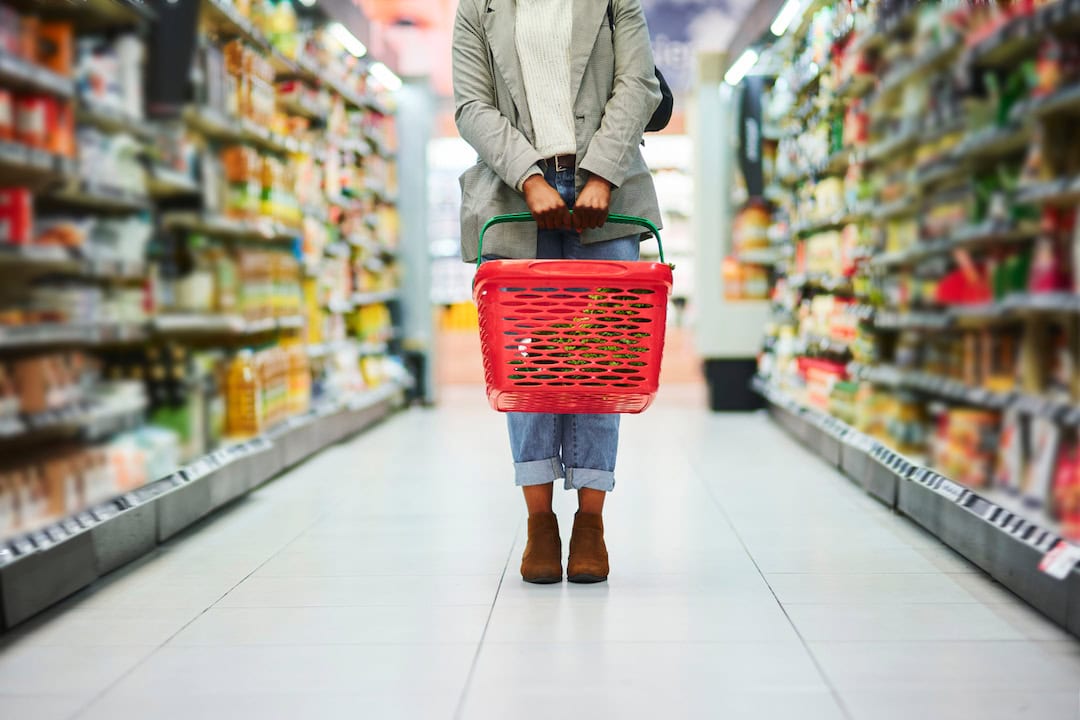
The bigger picture
Along with the ACCC review, there are five other investigations currently underway.
The Food and Grocery Code of Conduct Review will assess whether the code of conduct should be made mandatory across the country. If deemed necessary, the code, which regulates the dynamic between suppliers and supermarkets, could provide the ACCC with more enforcement power and address the power imbalance between farmers and major supermarket chains.
The Competition Review, conducted by the Treasury, is focused on competition between brands within the industry. Typically, more competition leads to lower prices as businesses seek to draw in the largest number of customers. As such, the review will advise the government on how to increase this for the betterment of everyday Aussies.
According to Assistant Minister for Competition, Charities and Treasury Andrew Leigh, “In a highly concentrated market like Australia’s grocery sector the risk of price gouging is high and that’s especially true when the rising cost‑of‑living is hurting so many Australians.
“This ACCC inquiry, along with the review of the Food and Grocery Code and CHOICE’s quarterly price reporting will ensure that Australian families and farmers are getting a fair deal.”
To read about current EU trade negotiations, click here.



